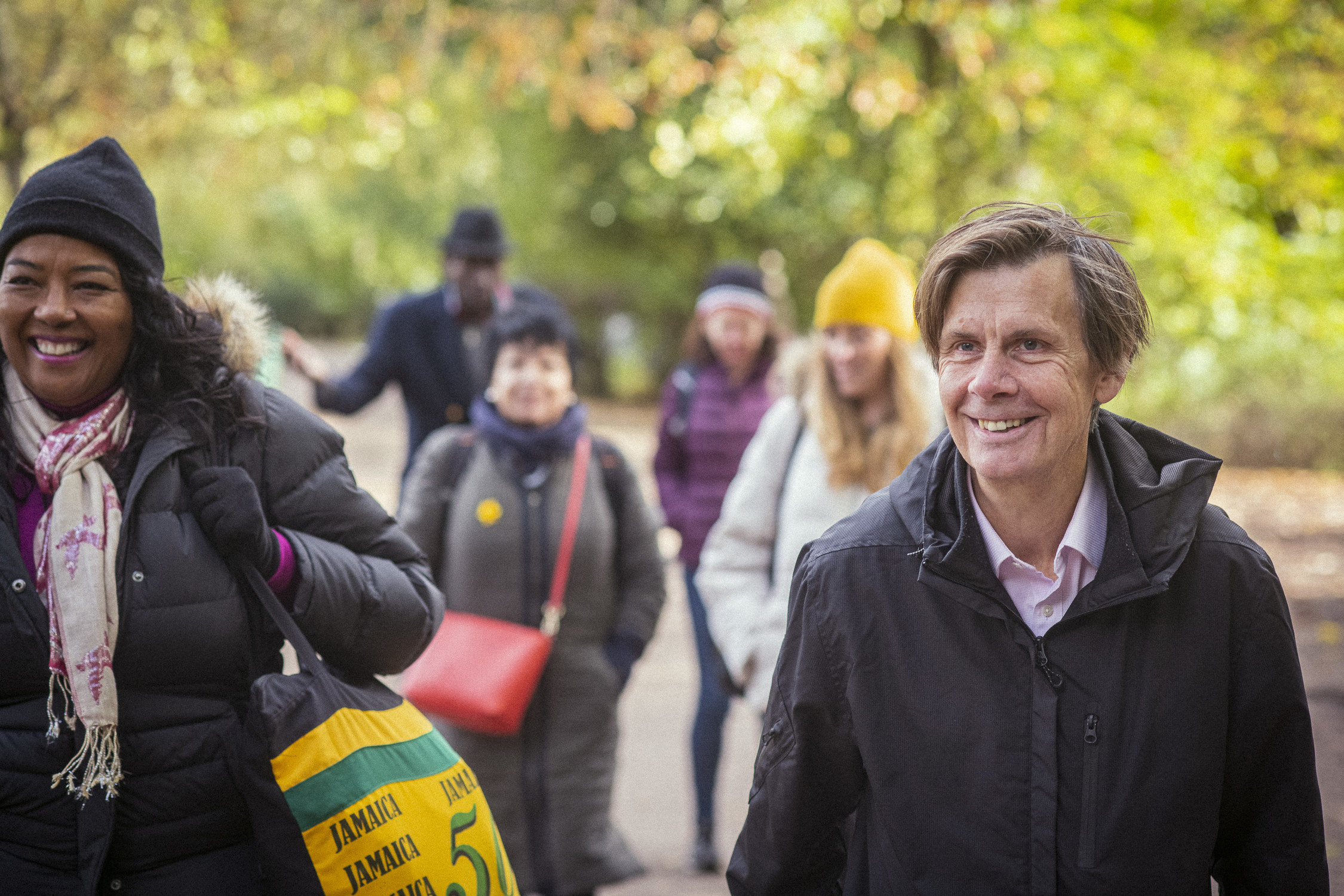Carer roles
Carers have a range of roles regarding safeguarding – they can be the person who raises the concern, themselves be vulnerable to harm and abuse, or can be abusers themselves.
Carers may be involved in situations that require a safeguarding response, including:
- witnessing or speaking up about abuse or neglect
- experiencing intentional or unintentional harm from the adult they are trying to support or from professionals or organisations they are in contact with
- unintentionally or intentionally harming or neglecting the adult they support on their own or with others
When risk increases in relation to the abuse of carers themselves
Risk of abuse increases when the carer is isolated and not getting any practical or emotional support from their family, friends, professionals or paid care staff. Potential situations where abuse of carers is more likely include those where the person supported:
- has health and care needs that exceed the carer’s ability to meet them
- does not consider the needs of the carer or family members
- treats the carer with a lack of respect or courtesy
- rejects help and support from outside, including breaks
- refuses to be left alone by day or by night
- has control over the carer’s financial resources, property and living arrangements
- engages in abusive, aggressive or frightening behaviours
- has a history of substance misuse, unusual or offensive behaviours
- does not understand their actions and their impact on the carer
- is angry about their situation and seeks to punish others for it
- has sought help or support but did not meet thresholds for this
When risk increases in relation to carers unintentionally or intentionally harming or neglecting the adult they support, often the carer:
- has unmet or unrecognised needs of their own
- are themselves vulnerable
- has little insight or understanding of the vulnerable person’s condition or needs
- has unwillingly had to change his or her lifestyle
- are not receiving practical or emotional support from other family members
- are feeling emotionally and socially isolated, undervalued or stigmatised
- has other responsibilities, such as family or work
- has no personal or private space, or life outside the caring environment
- has frequently requested help but problems have not been solved
- are being abused by the vulnerable person
- feels unappreciated by the vulnerable person or exploited by relatives or services
Timely and careful assessment is critical
A needs or carer’s assessment is a chance to talk about someone’s situation and see if they need help. It can help stop harm or bad treatment. For example, we might give the carer training about the person’s condition or help them learn how to care in a safer way.
If a carer speaks up about abuse or neglect, it is essential they are listened to and that where appropriate a safeguarding enquiry is undertaken and other agencies are involved as needed.
If a carer experiences intentional or unintentional harm from the adult they are supporting, or if a carer unintentionally or intentionally harms or neglects the adult they support, consideration should be given to:
- whether support can be provided that removes or reduces the risk of abuse
- whether other agencies should be involved. In some cases, where a criminal offence is suspected, this will include alerting the police, or in others primary healthcare may need to be involved in monitoring or supporting

